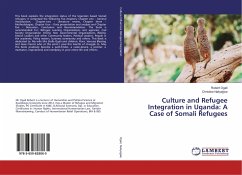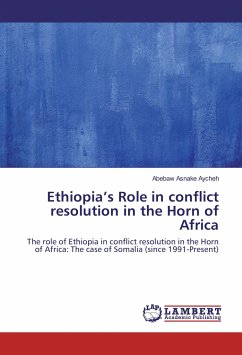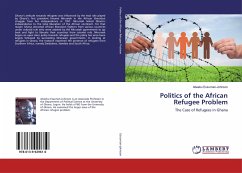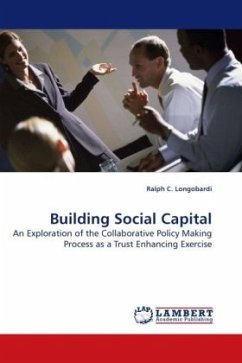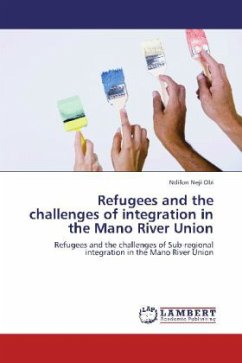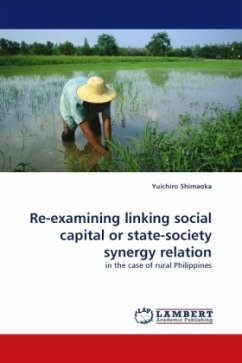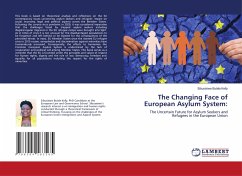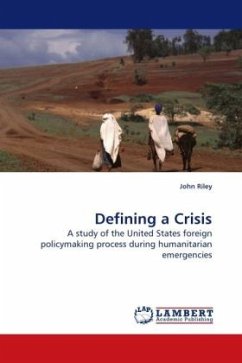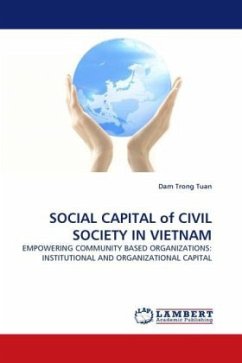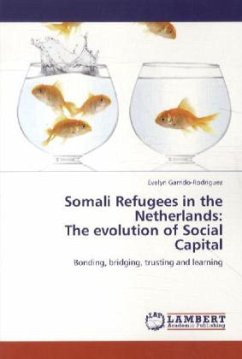
Somali Refugees in the Netherlands: The evolution of Social Capital
Bonding, bridging, trusting and learning
Versandkostenfrei!
Versandfertig in 6-10 Tagen
32,99 €
inkl. MwSt.

PAYBACK Punkte
16 °P sammeln!
This book explores the integration process of Somali Refugees in the Netherlands, through the lens of social capital. It has a strong social relevance, due to the uniqueness of the explorations accomplished and the fact that it approaches one of the most complex refugee group, using an original analytic framework of three generations of refugees newcomers, beginners and leaders- and three components of social capital bonds and bridges, trust and capacity building-. The research offers an insightful understanding of how social capital evolves, as seen from the experience of those who struggle w...
This book explores the integration process of Somali Refugees in the Netherlands, through the lens of social capital. It has a strong social relevance, due to the uniqueness of the explorations accomplished and the fact that it approaches one of the most complex refugee group, using an original analytic framework of three generations of refugees newcomers, beginners and leaders- and three components of social capital bonds and bridges, trust and capacity building-. The research offers an insightful understanding of how social capital evolves, as seen from the experience of those who struggle with learning how to cope with the challenges of integration. It comes to acknowledge the importance of promoting social capital, as organizational strengthening may form more self-reliable and autonomous communities and less overloaded governments. Ultimately it states that, although incrementally and path-dependent, refugees can obtain better results when they work together and engage in cooperative relations, than when they only rely on individual resources. The analysis should be especially useful for policy makers, organizations and researchers in the field of refugee studies.



